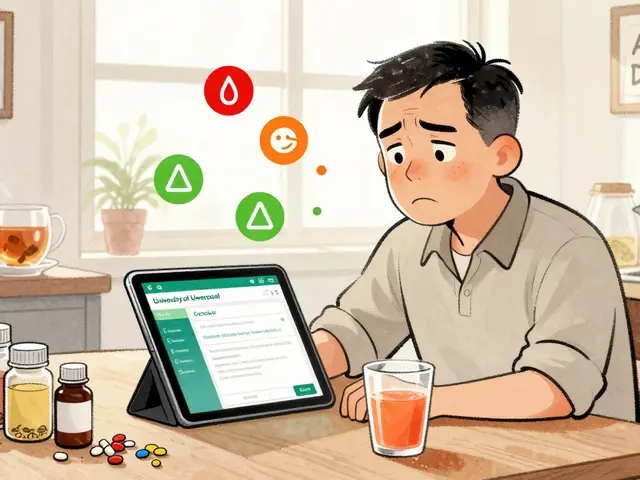Urinary Incontinence: What It Is and How to Take Control
If you’ve ever felt a sudden leak while laughing, coughing, or just walking around the house, you’re not alone. That’s urinary incontinence – the unintentional loss of urine. It can be embarrassing, but it’s also common and usually treatable. Below we’ll break down why it happens, what simple steps can help right now, and when to see a doctor.
Why Your Bladder Might Leak
The bladder is like a balloon that stores urine until you’re ready to go. Two main things keep it sealed: the muscles around the urethra (the tube that lets urine out) and the nerves that tell your brain when it’s full. When either of those parts gets weak or confused, leaks can start.
Stress incontinence shows up during sneezes, coughs, or heavy lifting – pressure on the bladder forces a few drops out. Urge incontinence feels like an urgent need to go; the muscle contracts too early and you can’t hold it. Mixed incontinence is a combo of both.
Age, pregnancy, prostate issues for men, certain medications, and even chronic constipation can all mess with the bladder’s control system. Knowing what’s behind your leaks helps pick the right fix.
Easy Everyday Fixes
Pelvic floor exercises (often called Kegels) are a quick first step. Tighten the muscles you’d use to stop urine mid‑stream, hold for five seconds, then relax. Do three sets of ten each day. Most people notice improvement in a few weeks.
Watch your drinks. Caffeine and alcohol irritate the bladder, so cutting back can lower leaks. Keep a water bottle handy, but sip rather than guzzle – staying hydrated without overloading the bladder is key.
Timed bathroom trips can train your bladder. Go every two to three hours even if you don’t feel the urge. Over time the bladder learns to hold more urine before sending a signal.
If weight is an issue, shedding a few pounds reduces pressure on the pelvic floor. Even modest changes – swapping sugary drinks for water or walking 30 minutes a day – can make a difference.
For those with urge incontinence, bladder training works well: when you feel the sudden need, try to wait five minutes before heading to the bathroom, then gradually increase the waiting time.
When home tricks aren’t enough, over‑the‑counter products like absorbent pads or a waterproof mattress protector can keep accidents discreet while you’re figuring out longer‑term solutions.
When to Seek Professional Help
If leaks happen more than once a week, cause skin irritation, or affect your social life, it’s time to talk to a healthcare provider. Doctors can run simple tests, prescribe medication that relaxes the bladder muscle, or suggest physical therapy focused on pelvic strength.
Men with prostate enlargement often benefit from medications or minimally invasive procedures that relieve pressure on the urethra. Women who’ve given birth multiple times may need specialized pelvic floor rehab.
Surgery is a last resort but can be very effective for severe cases, especially when other options fail.
Bottom line: urinary incontinence isn’t something you have to live with. Simple habits like Kegels, smarter drinking choices, and scheduled bathroom trips can curb most leaks. If those steps don’t help, a doctor’s guidance can open up medication or therapy options that restore confidence. Take the first step today – your bladder will thank you.

Oxybutynin and Dementia: What You Need To Know About The Link
Oxybutynin is a common medication for bladder problems, but many worry about its link to dementia. This article unpacks what current research says about oxybutynin and dementia risk, explains how this drug affects the brain, and offers tips for staying safe. You'll also get practical advice to discuss with your doctor, including safer alternatives and lifestyle choices to lower your risk.
Detail




